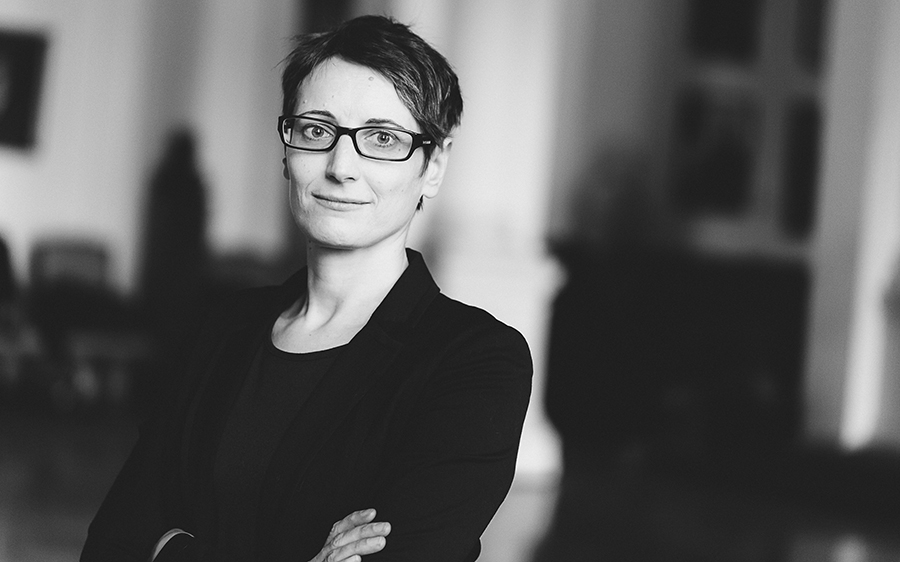Following a challenging 2020, Arqus – the European University Alliance, comprising the University of Graz and six partners – has some ambitious plans for 2021. Over the next few weeks, the people at the University of Graz who are involved in the Arqus alliance will be reporting on what it has achieved so far and what objectives it has set itself for this year.
Today: Action Line 3 (AL3): “Student-centred Frameworks for Quality Learning”
Contact at the University of Graz: Elisabeth Hillebrand-Augustin (Curricula Development and Study Services)
Teaching and learning form part of any university’s “core business”. AL3 sets out to improve existing practices in this area, question traditional ways of doing things and turn new ideas into reality. What has Arqus achieved in this regard in its first year?
For us, it was important to start by getting our heads together and answering the question: what makes good teaching? As well as discussing the issue with teachers themselves, we also, and in particular, got students involved, most of whom have a very clear opinion on the topic. We are currently formulating some teaching guidelines based on our findings. These are intended to ensure that all seven partner universities apply certain standards of high-quality teaching. And we also want to use them to learn from each other and reflect on teaching and learning. A twinning scheme has been launched that enables teachers and up to six students to go to a partner university and run bilateral workshops or summer schools, or collaborate on a project together with colleagues based there. We’ve also managed to secure financial support to cover travel expenses.
What specifically have you got planned for this year?
With the “Paedagogical Labs”, we’ve created a virtual space in which teachers and experts can exchange ideas and opinions on teaching and learning strategies and present new research findings and methods. We at the University of Graz would like to contribute to this with a focus on so-called service learning. This means that we want to inspire teachers to try out new things while also encouraging them to assume social responsibility and incorporate it into their courses as well. At the same time, we’re currently developing three new Joint Degree Programmes in European Studies, Translating & Interpreting and Global Cybersecurity. And, finally, we are winding up plans for the Arqus Teaching Award, which we intend to present in three categories. It will recognise teachers who work in a research-oriented way, who foster internationalisation and cross-cultural skills. The award will be presented for the first time at our annual conference in 2022.
Arqus’s first year was dominated by the challenging Covid-19 pandemic. Looking back, is there anything positive that you’ll take from 2020?
The switch to online teaching, which we all had to arrange quickly and comprehensively, meant that it unfortunately took some time for the working groups within AL3 to find stability. We also realised that many things didn’t work quite so well online. However, it made me pleased to realise last year just how important the personal element is for good teamwork. Perhaps, faced with pure time pressure on the one hand and a strong desire just to get things done on the other, we paid it too little attention at the start. Going forward, however, we should all take more time once again to get to know one another a bit better, build trust and work on the interpersonal aspect – not least with the help of digital tools. And, despite the challenging circumstances, we tackled and achieved a great deal in AL3 in 2020. That was nice to see too.
